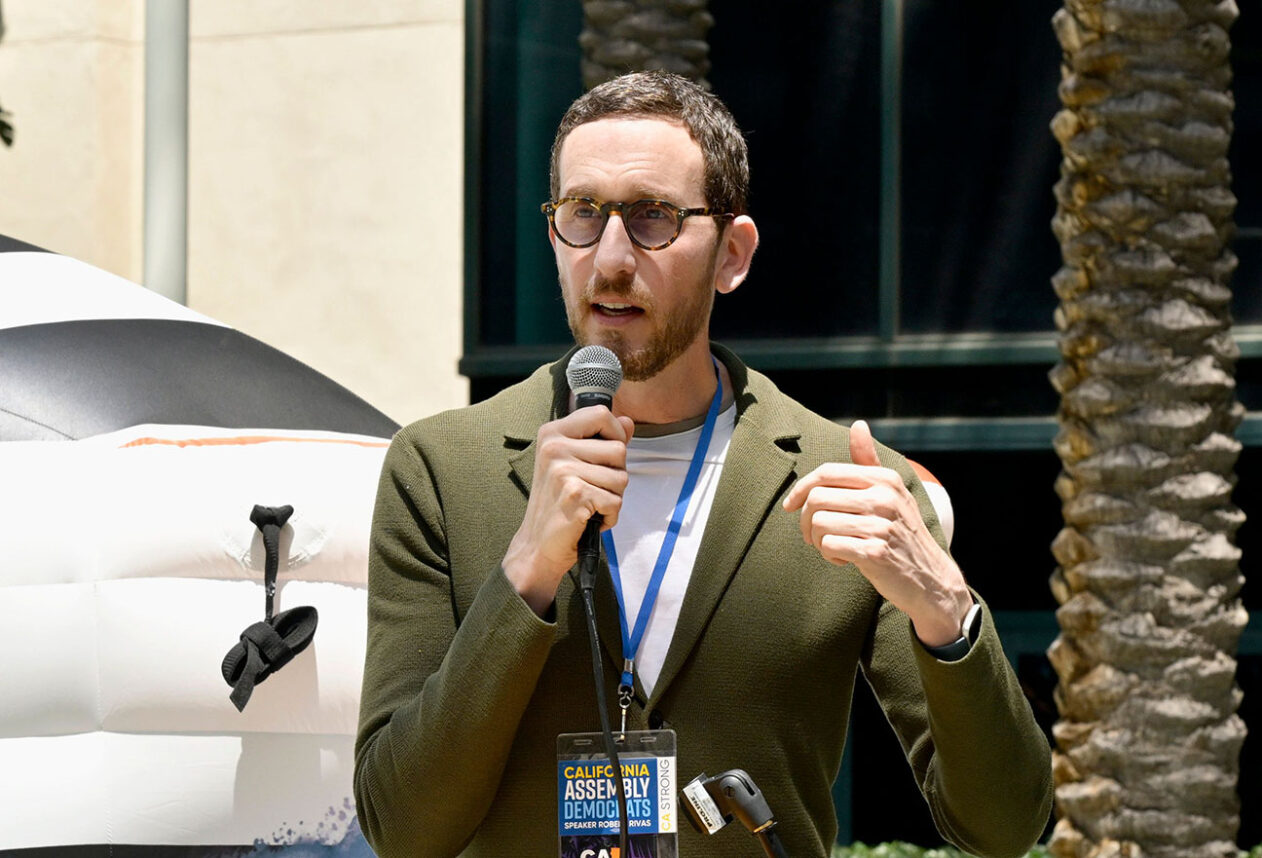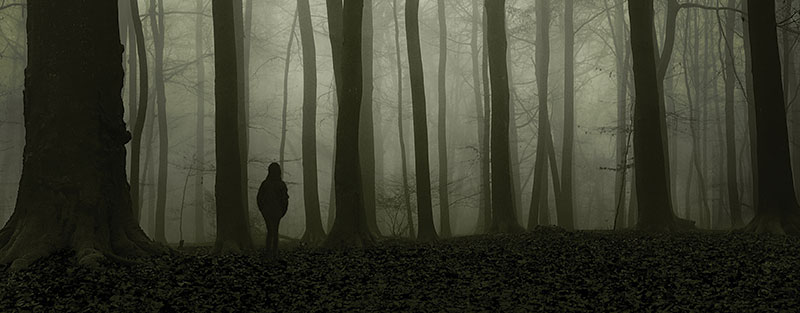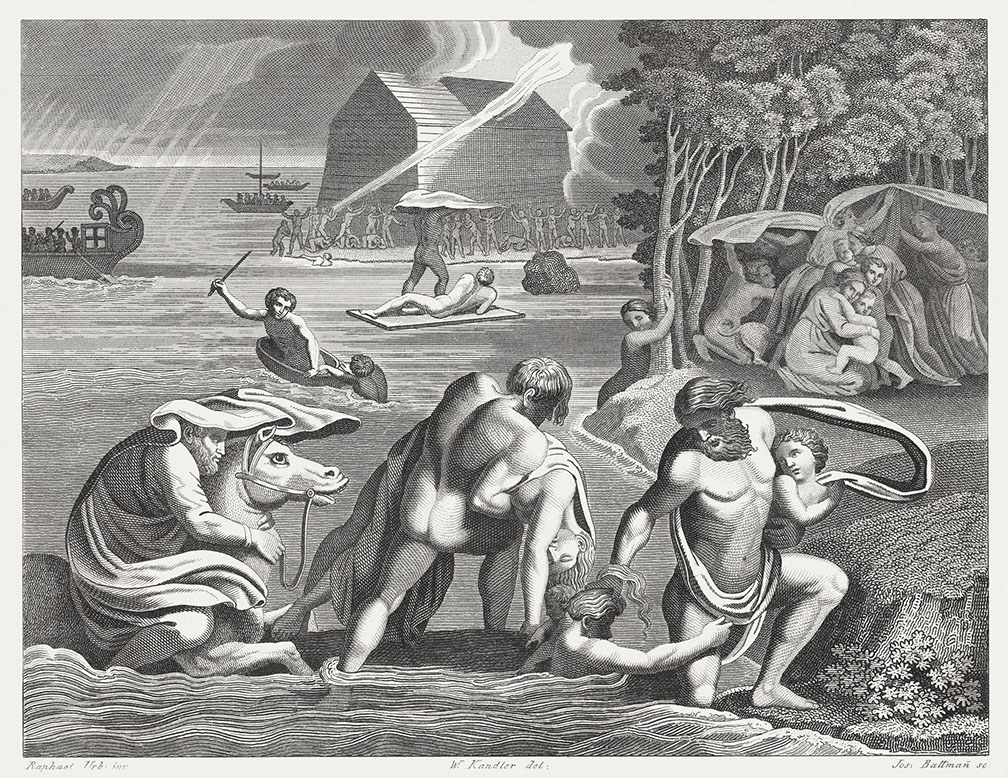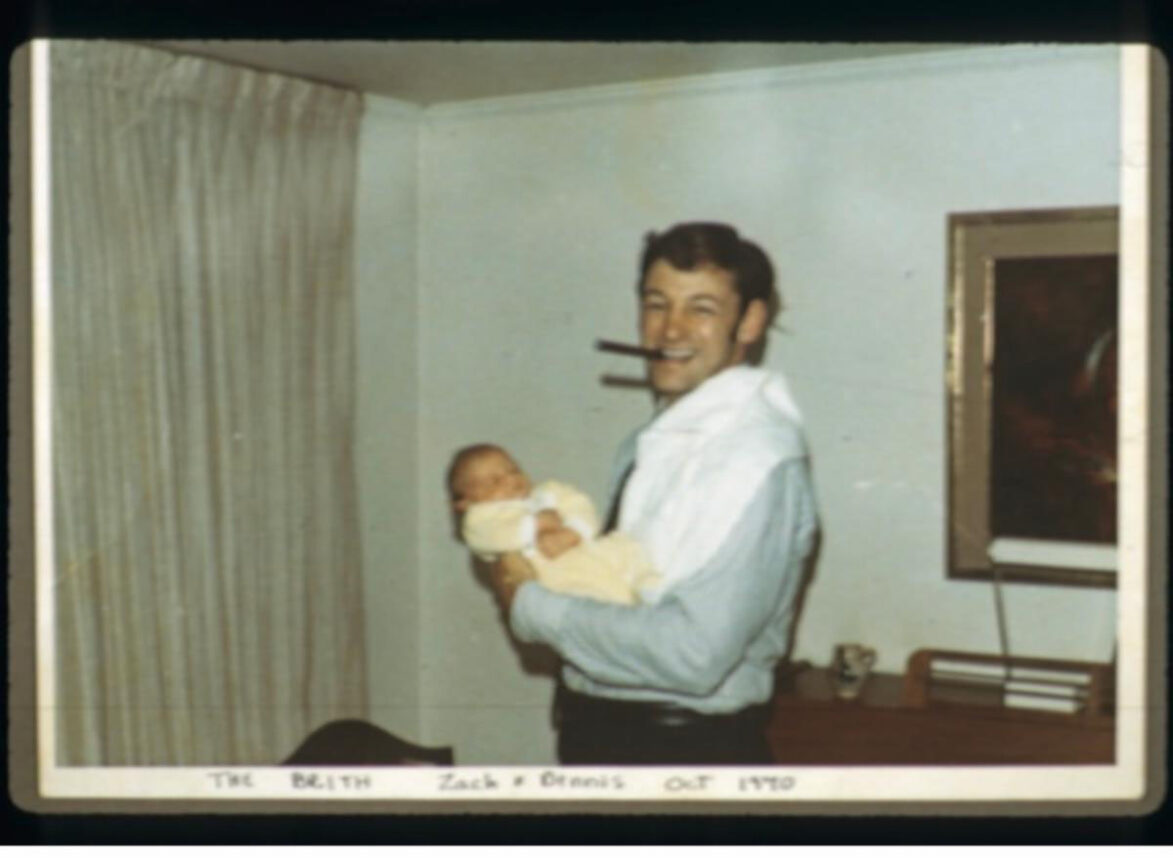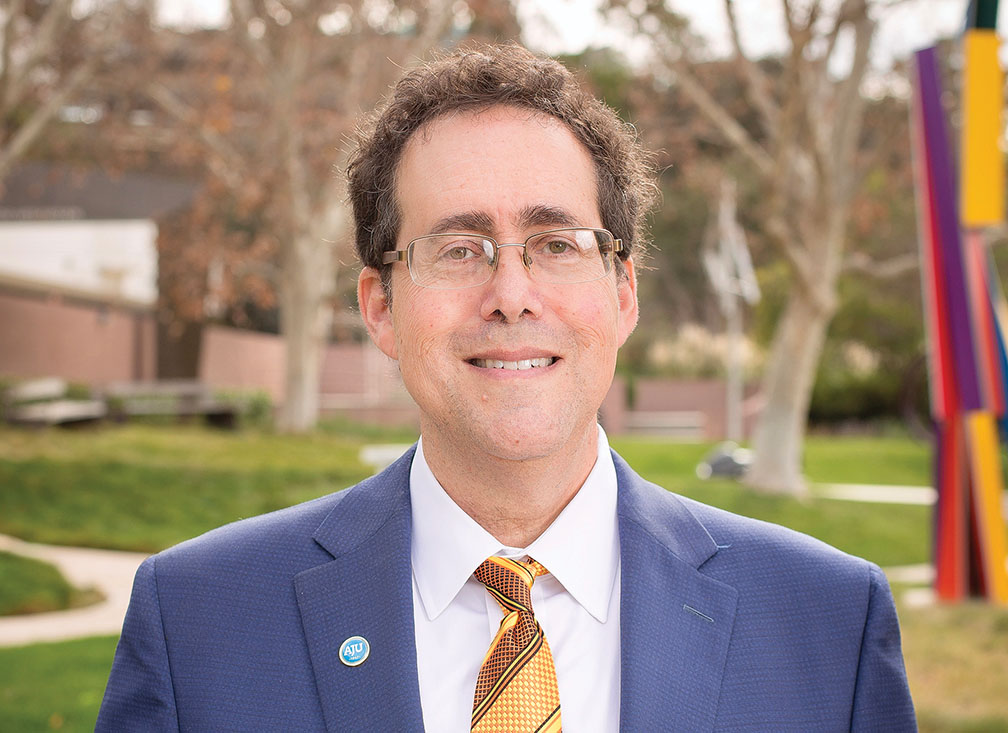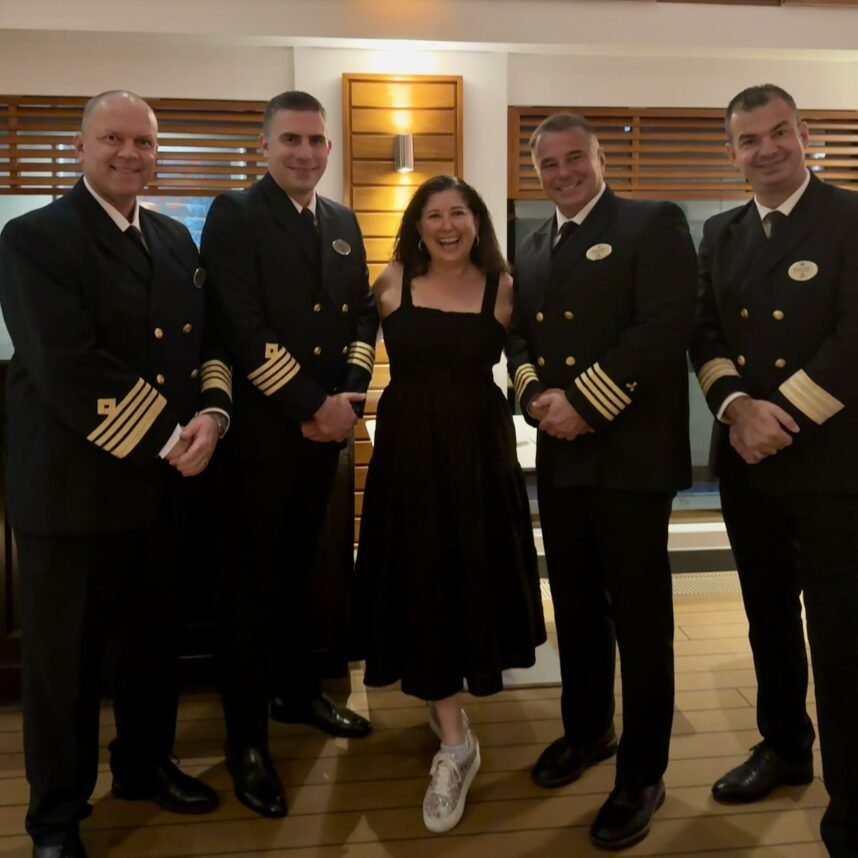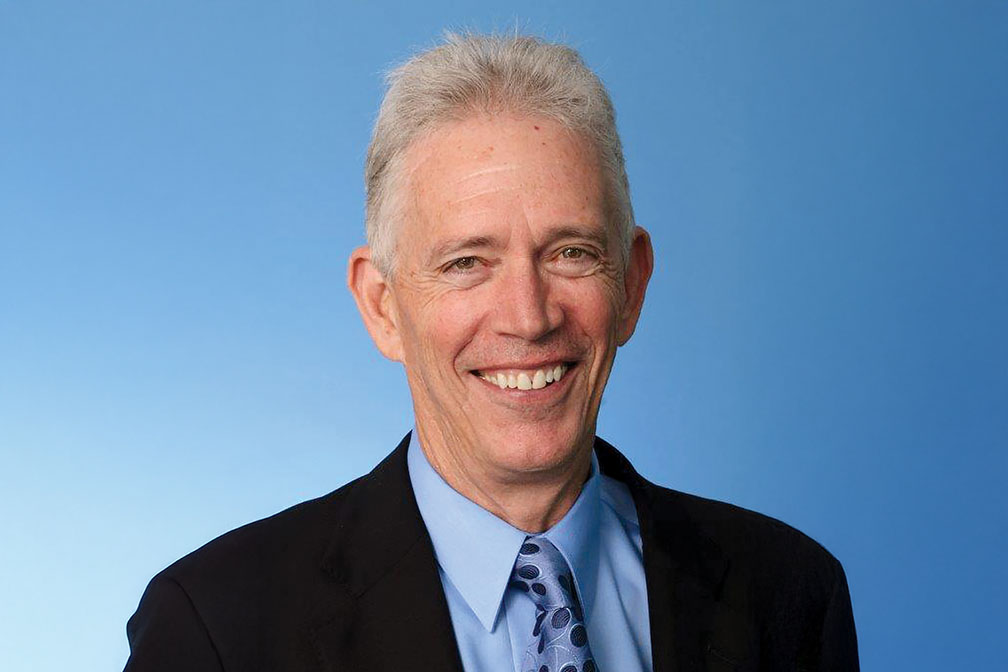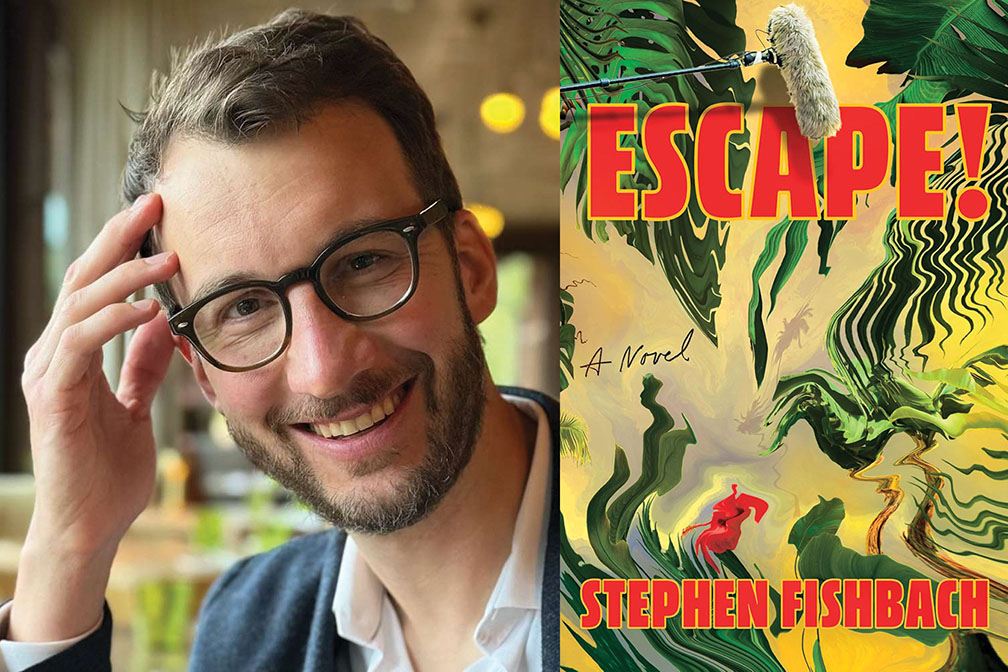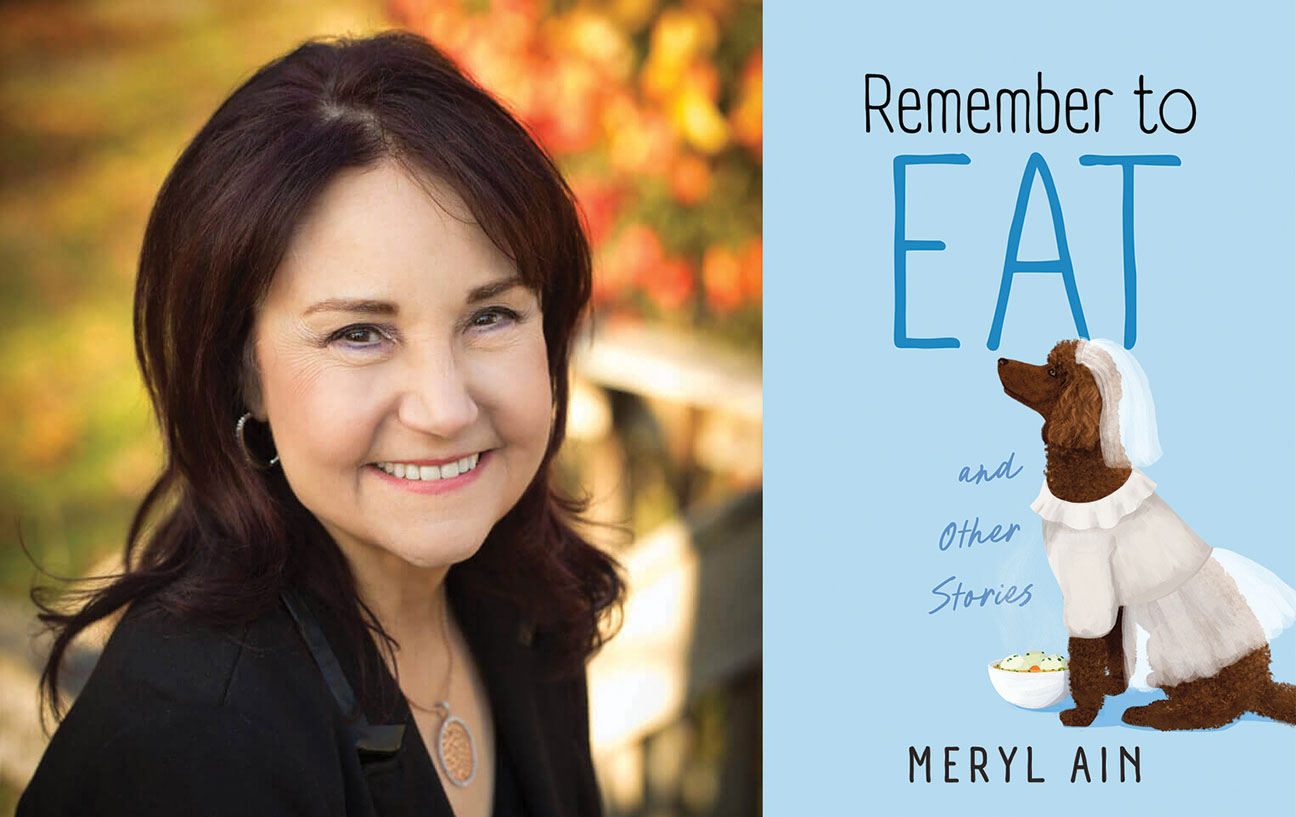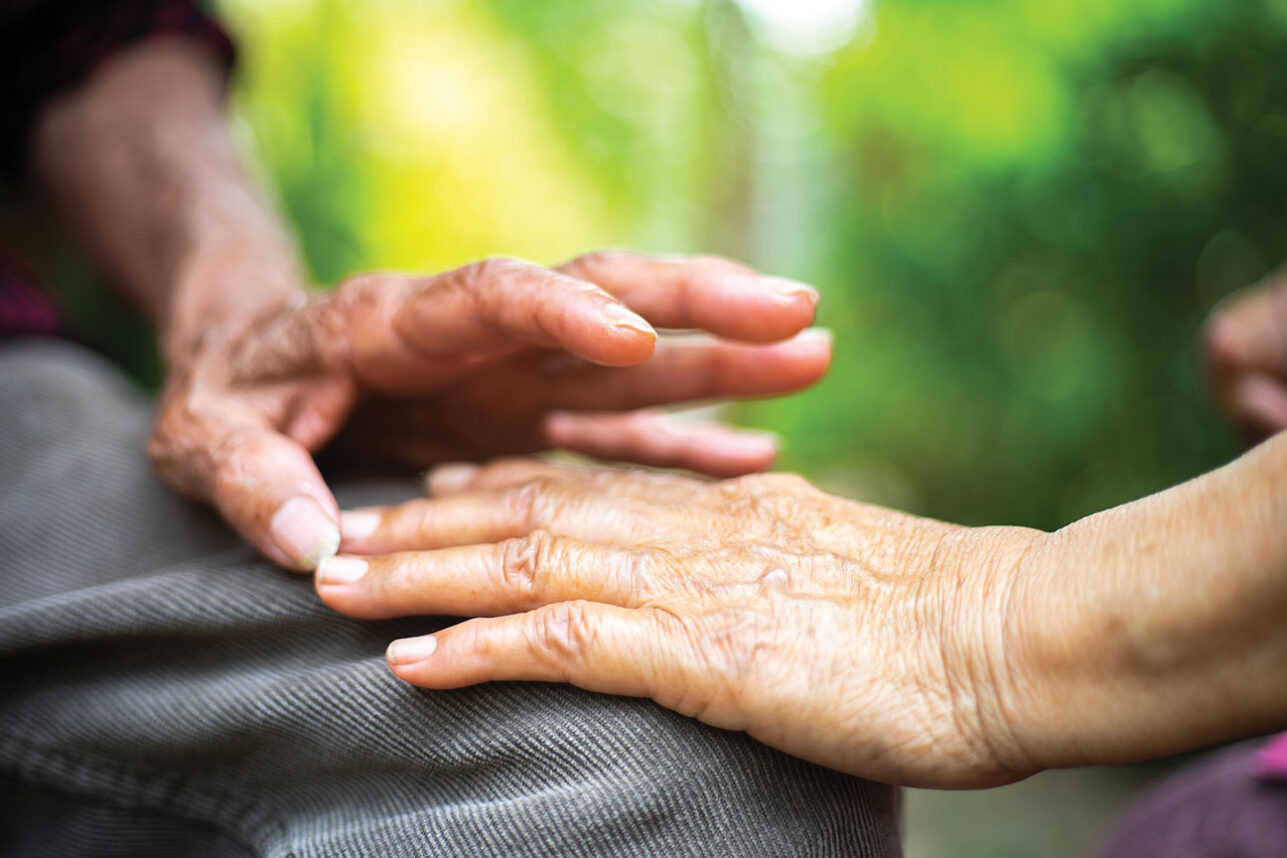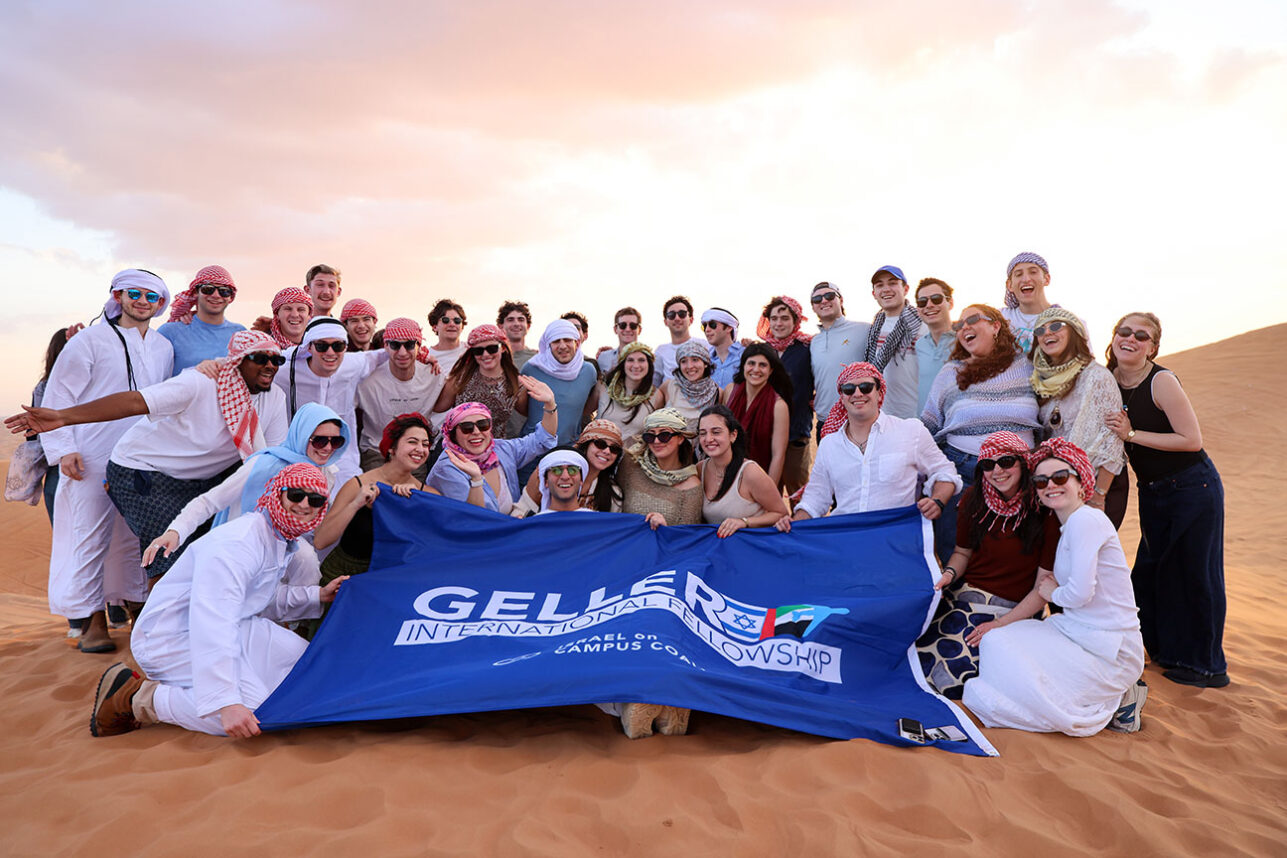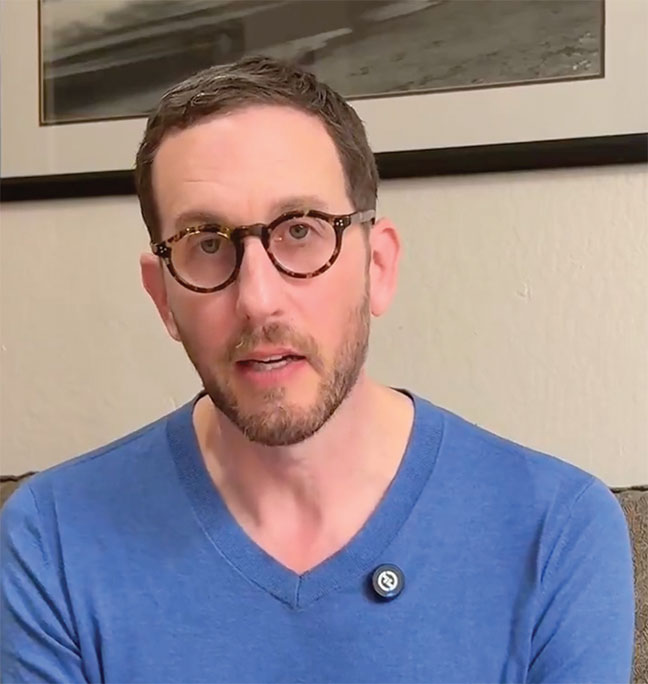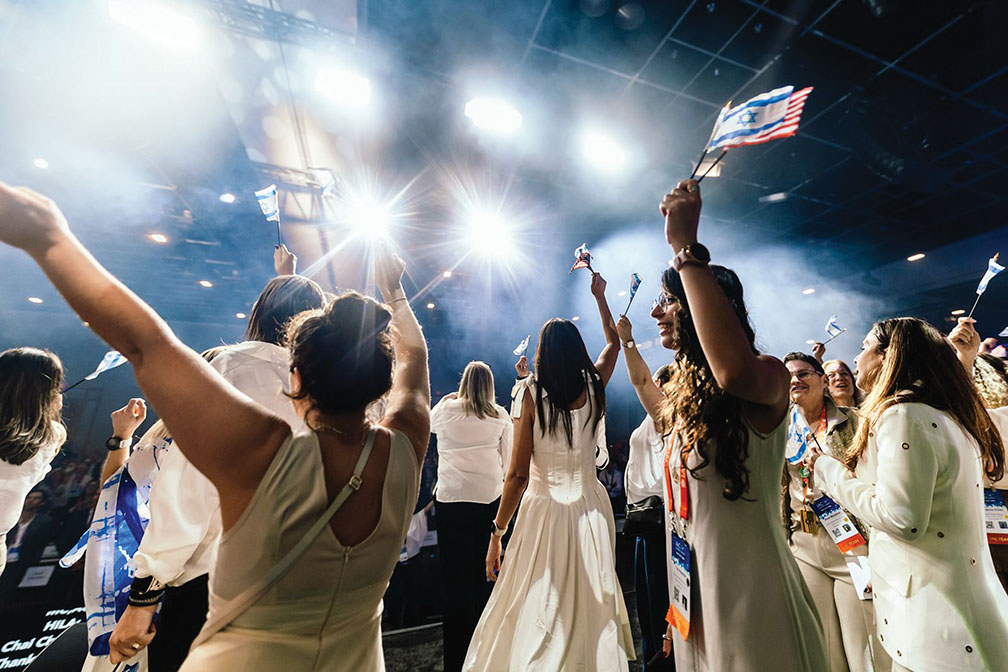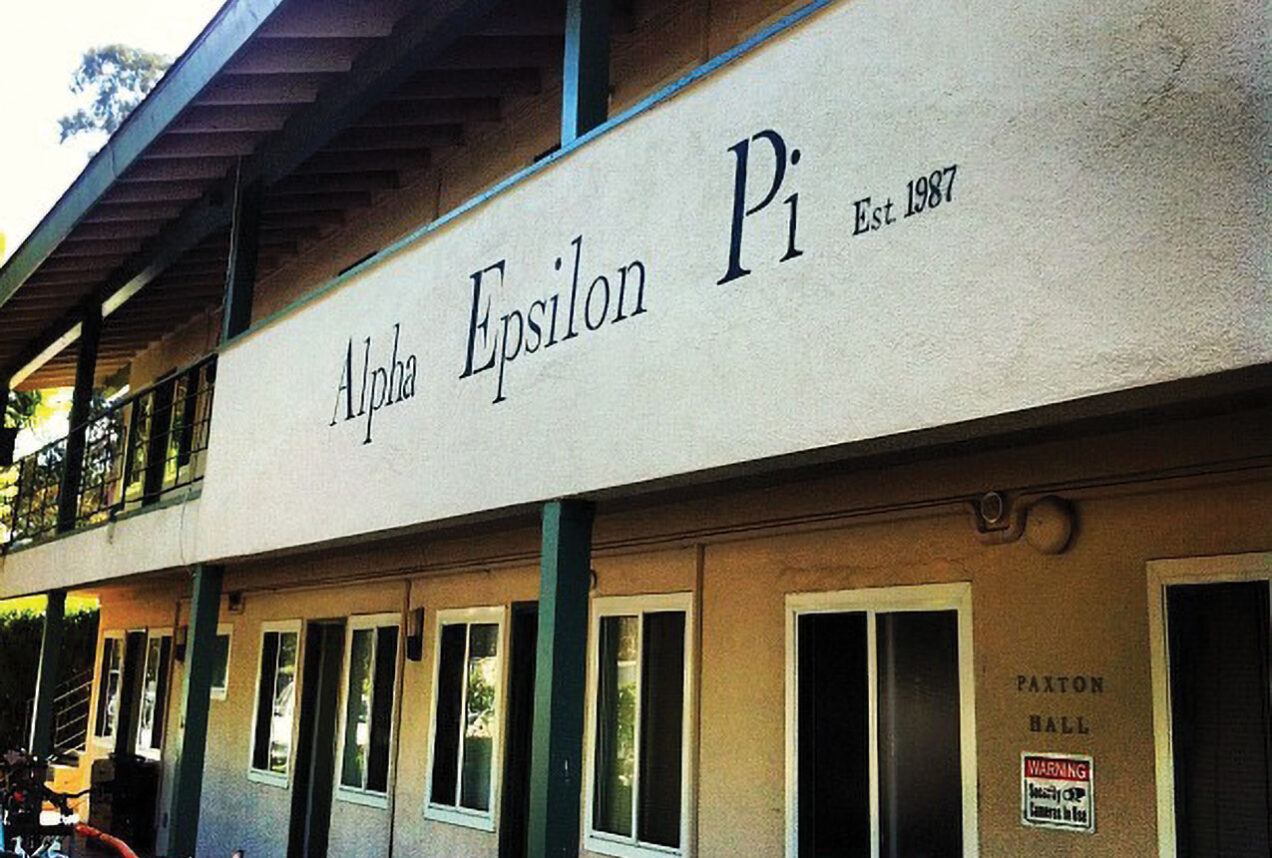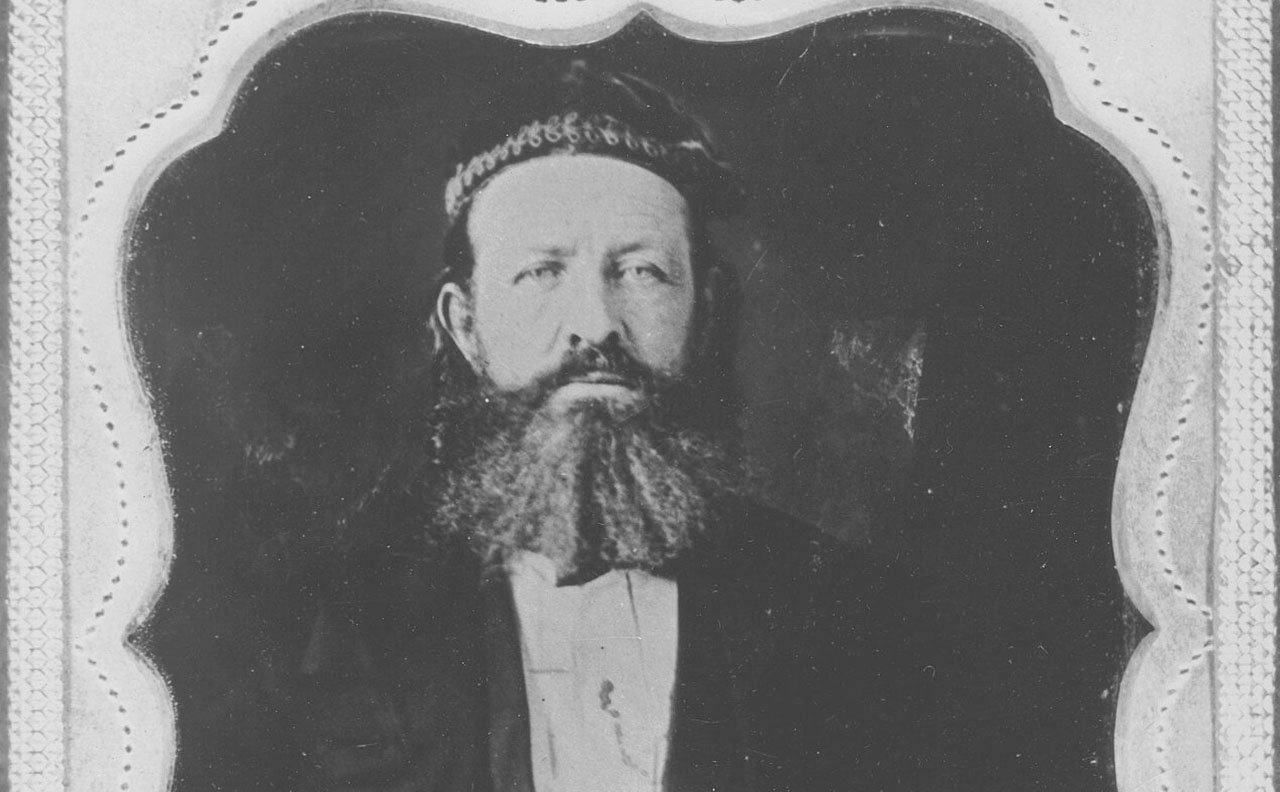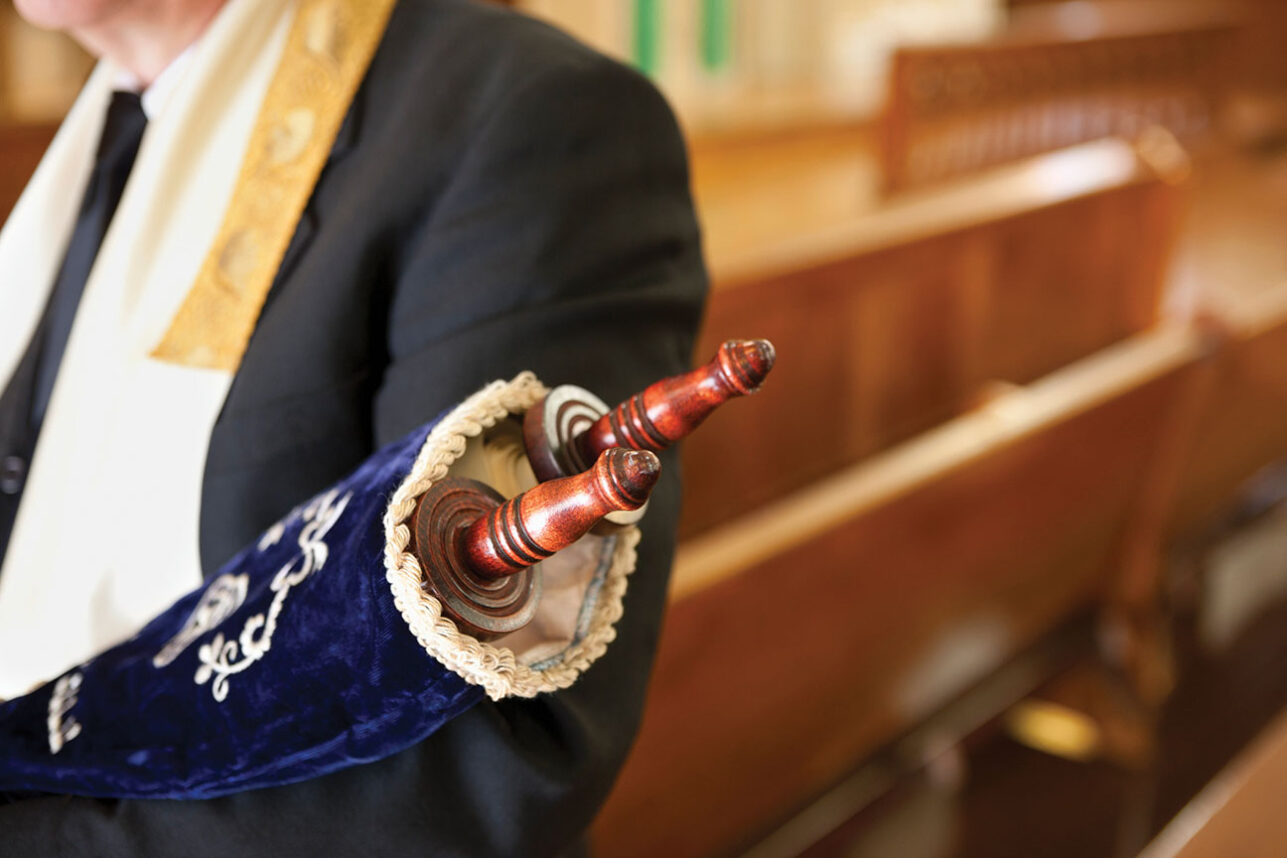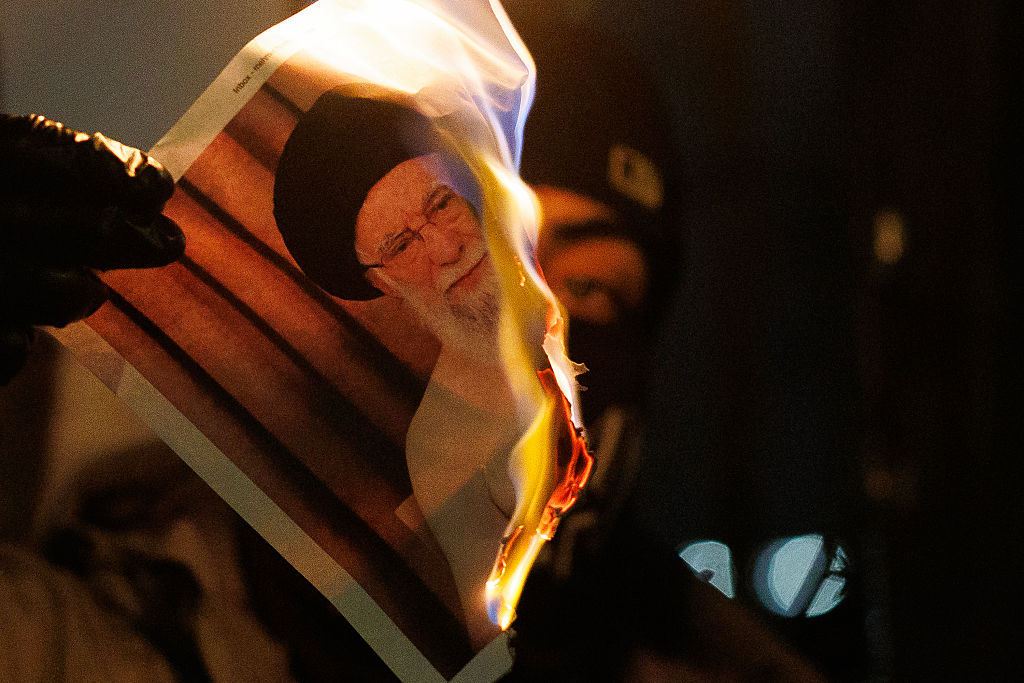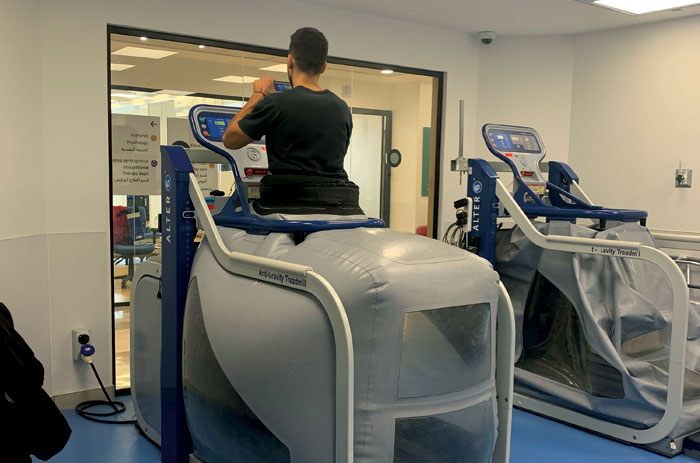
The diversity of Israeli society is perhaps most clearly on display in the hallways, waiting rooms and patient facilities of Hadassah Medical Center. On a recent weekday at Hadassah’s Jerusalem-based campus on Mount Scopus, Arab women in hijabs sat behind a desk in a receptionist area. Nearby, an Orthodox man in traditional garb awaited updates on a family member in treatment. In the medical center’s gym, wounded soldiers did rehabilitation therapy.
Hadassah Medical Organization’s two Jerusalem-based hospitals — one on Mount Scopus, the other at Ein Kerem—have more than 1,000 beds, making them the fourth largest medical center in Israel. Each year, Hadassah provides medical services to about one million people.
Hadassah, the Women’s Zionist Organization of America (HWZOA), a U.S.-based nonprofit, owns the two hospitals and supports their medical care and research. In 1912, Henrietta Szold, an American-born Jewish Zionist leader, founded HWZOA after an eye-opening trip to pre-state Israel, where she observed Jewish immigrants living without adequate plumbing and sanitation.
Witnessing the need for improved medical services in this pre-state Jewish community — known as the Yishuv — Szold enlisted the help of American-Jewish women who wanted to eradicate the horrible living conditions. In 1913, in what was one of their first actions, they dispatched two nurses to Palestine to provide maternity care and treat trachoma, a disease of the eye that was widespread in the Middle East at that time.
The women’s collective efforts, fueled by Szold’s belief in a practical, proactive Zionism, laid the groundwork for Hadassah and for Israel’s future healthcare system. But there were those who doubted their ability to transform pre-state Israel’s medical services.
“At the time the women were patronized: ‘Oh, you want to start clinics, isn’t that really cute, isn’t that nice,’ and those clinics developed into the amazing medical center,” Barbara Sofer, the Israel director for public relations at Hadassah, told The Journal. “It didn’t happen in a vacuum. It’s the long-term commitment of the American Jewish women who really did this.
“And how did they do it? How did they pay for this stuff? They were at home. They didn’t have checkbooks. They couldn’t do QR codes. They had bake sales. That’s all they had. They could eke out extra cakes, every housewife could,” Sofer said. “They might be running Fortune 500 companies and hospitals. But today they baked extra cakes, and they sold old clothes. They had a goal. They took their families’ clothing, and they opened thrift shops. In one year, they were able to raise enough money to send the first two nurses here.
“They might be running Fortune 500 companies and hospitals. But today, they baked extra cakes, and they sold old clothes. They had a goal.“ –Barbara Sofer
“So, it’s a long tradition of dedication of American Jewish women who made this happen, who overcame all the obstacles with not having their own funds, being patronized, and they kept their eye on the ball, and that’s why we’re able to open the rehab center in 2024,” Sofer said.
Sofer was referring to Hadassah’s latest project: The recently opened Gandel Rehabilitation Center, located at the Mount Scopus campus, which has been addressing the rehabilitation needs of those wounded in Israel’s retaliatory war with Hamas and in its ongoing conflict on its northern border with Hezbollah.
In June, patients at the state-of-the-art facility included David, 29, who was injured in a Hezbollah attack while serving near the Israel-Lebanon border on April 17, four days after Iran’s unprecedented strike on Israel.
When the missile launched by Hezbollah landed where David and his fellow soldiers were stationed, he lost all feeling in his right hand. Twenty pieces of shrapnel got lodged into his body, causing nerve damage.
“I felt like I don’t have a hand, when they attacked,” he said in a recent interview in a breakroom at Hadassah’s Mt. Scopus campus, where he’s been receiving treatment.
David — who declined to give his last name — wore a sleeveless T-shirt, shorts and running shoes. His right arm was in a sling, while a long bandage extended the length of his upper right arm.
He’s one of the hundreds of wounded IDF soldiers and Israeli civilians who’ve received care at the Gandel Rehabilitation Center, which was scheduled to open in May of this year but had an accelerated opening and welcomed its first patients in January because of the urgency post-Oct. 7.
As of June, parts of the $137 million, multi-story rehab center — named after Australian philanthropists John and Pauline Gandel, whose family foundation supports Jewish and general causes — were still under construction.
The center’s facilities include state-of-the-art hydrotherapy-adapted pools, walking labs and neurological testing systems. Eventually, the rehab center will have 140 beds.
“Ensuring the readiness of the Gandel Rehabilitation Center is not just a priority,” Yoram Weiss, Hadassah Medical Organization’s director-general, said. “It is a responsibility to meet the escalating needs for rehabilitation.”
Despite humble beginnings, HWZOA is presently the largest Jewish women’s organization in the U.S., with nearly 300,000 members representing every congressional district and 700 chapters throughout the U.S.
Hadassah’s ability to offer care has been subject to the changing dynamics of the country. The organization lost access to the Mount Scopus hospital site, which opened in 1939, following the 1948 War of Independence. In 1961, the Ein Kerem site opened. Following Israel’s victory in the 1967 Six Day War and the reunification of Jerusalem, the two hospital campuses at Mount Scopus and Ein Kerem were also reunified.
Today the two campuses function similarly and provide similar services. The Ein Kerem campus, which houses a 19-story inpatient tower, has a large commercial center and a hotel for new mothers, patients, patients’ families and tourists.
Additionally, Hadassah currently operates two youth villages supporting at-risk children.
A recent tour of the two Jerusalem-based hospital campuses, led by Gidon Melmed, deputy executive director for development at Hadassah in Israel, provided a rare glimpse into the amazing work Hadassah has been doing to treat soldiers like David, who’ve risked their lives to protect Israel from existential threats since Oct. 7.









